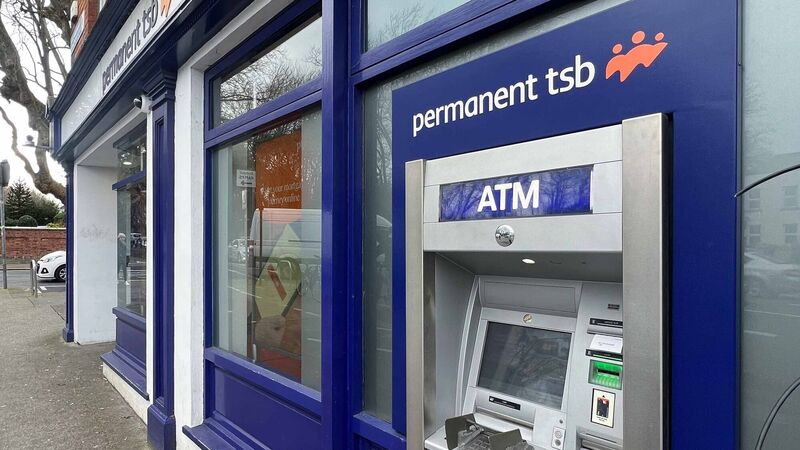ieExplains: What the potential PTSB sale means for you and your mortgage

The pillar bank, which is one of three financial institutions that make up the domestic banking market, has more than 1.3m customers and holds a 20% share of the Irish new mortgage market.
State-controlled pillar bank PTSB has announced that it is putting itself up for sale as it looks to secure a new long-term buyer.
The company announced on Thursday that it was now "in the best interest" of the bank to sell, commencing a formal sale process with financial advisors Goldman Sachs International.















